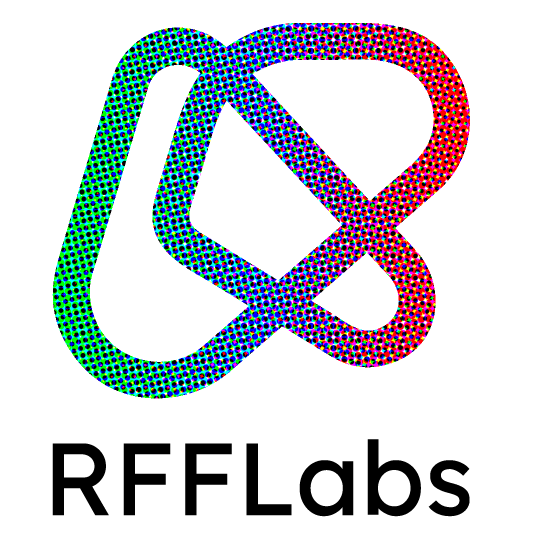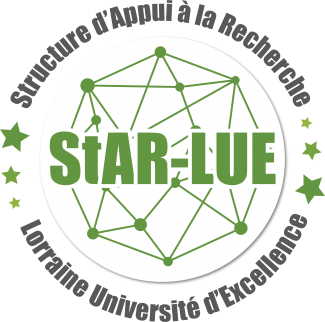3D-Printing Based Distributed Plastic Recycling: A Conceptual Model for Closed-Loop Supply Chain Design
Source
-
Pavlo, S., Fabio, C., Hakim, B., & Mauricio, C. (2018). 3D-Printing Based Distributed Plastic Recycling: A Conceptual Model for Closed-Loop Supply Chain Design. In 2018 IEEE International Conference on Engineering, Technology and Innovation (ICE/ITMC) (pp. 1–8). IEEE. https://doi.org/10.1109/ICE.2018.8436296
Abstract
Plastic use and disposal is a major issue that still to be solved on the perspective of a more sustainable development of human activities. Circular economy has been proposed as a potential solution by using materials and energy through multiple phases in a recycling flow. However, most of the studies present in the literature of plastic recycling and other wastes are mainly focused on large centralized networks that try to efficiently carry their costs and / or income. In addition, particularly the centralized plastic recycling networks should face the challenge of collection and transportation for high volume and low weight polymers, affecting its economic feasibility. The emergence and development of Open-source technologies such as 3D printing extrusion and other devices provide an opportunity to explore distributed recycling as an alternative option. Under this distributed model, users will collect domestic plastic waste themselves, which can be recycled at their nearest recycling points, such as FabLabs, in order to produce 3D plastic filament and thus contribute to the Circular Economy by reducing the plastic waste.
On despite its attractiveness, the complexity of this distributed approach represents a limit to this application. Moreover, the environmental and economical effectiveness still needs to be demonstrated. In this article, a conceptual model is developed and proposed for the collection process in a Closed Loop Supply Chain (CLSC) network of local and distributed plastic recycling in order to analyze its economic and environmental feasibility






